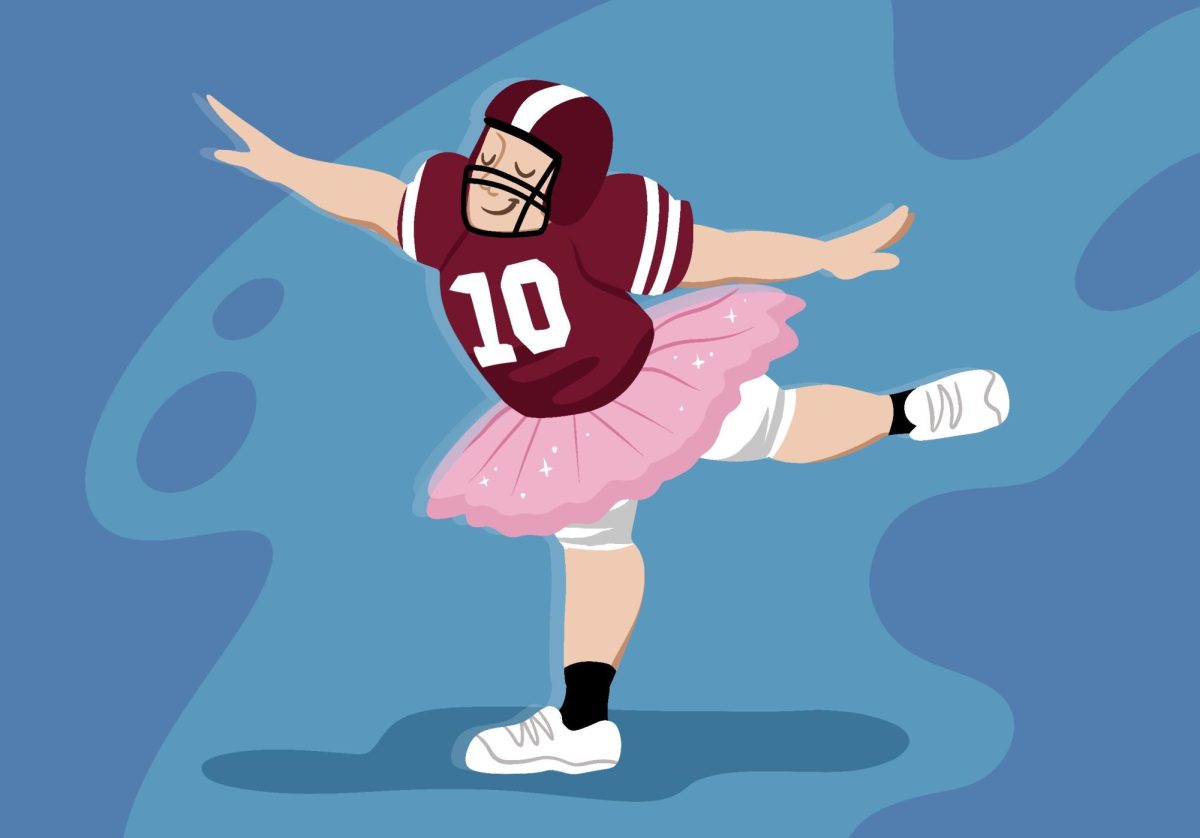When I was applying to nursing school, I was often asked: Why nursing school? Why not go to med school and become a doctor?
Every time someone asked me that question I would have a mealy-mouthed answer like, “I like helping people” or “Nursing jobs have more flexibility and I can raise a family and work at the same time” or something to that effect. They would always reply, “Oh, well nursing is a great field – very high in demand.”
Still, the question gnawed at me. Why “settle” for being “just a nurse” who is forever under the thumb of a doctor? Don’t I want some autonomy and to be my own boss? When some of my peers and family saw going into nursing as a step down, I felt a little bit discouraged.
Aren’t nurses as important as doctors? Why does everyone treat nursing like it’s an unworthy job and not a profession?
In a way, my friends and family were trying to protect me from the prevailing assumptions of nursing. When people think of “nurse,” they think one of two things: the naughty nurse or the super nurse who cared when they or family members were in the hospital.
The one thing that the super nurse and the naughty nurse have in common is that they are not considered members of a profession. Therefore, nurses do not get the respect that other healthcare team members do. “Nurse” to laypeople is synonymous with “Less than MD” and “Buttwiper RN.”
I had similar views of nursing until I worked at a health science library. Working at a library gave me an in-depth look at the publications for medicine, nursing, veterinary and public health. The nursing publications stood out to me as the most interesting and engaging.
I had no idea that nurses had such an important role in the health-care team. Rather than being passive hands, eyes and ears for the doctor, nurses actively seek the best outcomes for their patients. Instead of being bedpan bearers, I started to see nurses as people who weave research findings from medicine, sociology and public health into ideal care.
I volunteered in hospitals to see more of what nurses and doctors do. Contrary to what I saw on “ER” or “Scrubs,” nurses were the most visible characters in patient care. Nurses appeared to have much more interaction with patients than doctors do. They also cared for the patient’s family and provided status updates and information.
I watched nurses administer medicine, monitor patients’ progress and advocate for patients when they needed more care than prescribed. And that’s just the tip of the iceberg of responsibilities a nurse has.
From what I saw through my volunteer experience, the “Scrubs” episode showing doctors spending about 15 seconds with a patient per interaction did not seem far-fetched. Unfortunately I have yet to see a “Scrubs” episode with nurse Carla doing work that reflects what nurses do in real life.
Sure, nurses go through a lot of stress and are not currently treated the way they should be. But they get to be a part of someone’s life in a way that no one else can. Nurses get to see the beauty and the agony of life on a day-to-day basis, and learn something new every day.
Why nursing school? It’s shorter than medical school and allows me to apply my random geek knowledge and people skills at the same time while getting paid handsomely. I won’t be getting the same prestige and honor that doctors do, but honor is not what I am in nursing school for.
Quynh Nguyen welcomes comments at [email protected].







